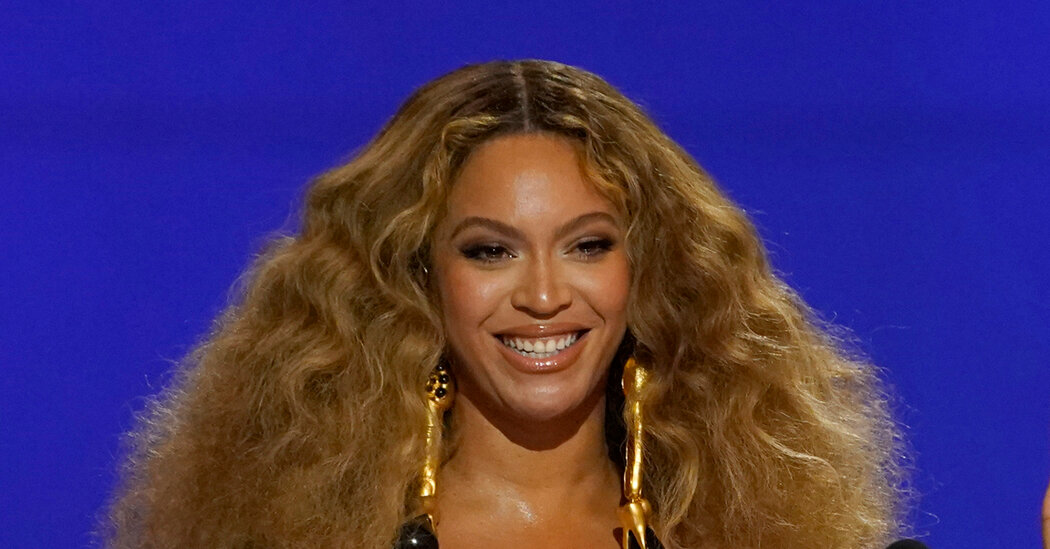
Cue up the celebratory tweets: A new Beyoncé album is coming.
Early Thursday, Beyoncé updated her social media accounts to indicate that a new project called “Renaissance,” apparently with the subtitle “Act I,” would be released on July 29. A link on her website allowed fans to add the album in advance to their collections on streaming music services, and her site is selling four “poses” — versions, or at least bundles — of boxed sets for the album, containing items like T-shirts, posters and a collectible box.
“Renaissance” will be Beyoncé’s first solo studio album since “Lemonade” in 2016. But she has released other material since then, including “Everything Is Love,” her joint album with Jay-Z, her husband, in 2018 (credited to the Carters); “Homecoming” (2019), a live album and concert film from her appearance at the Coachella festival; “The Lion King: The Gift,” a companion album to the 2019 remake of “The Lion King”; and songs like “Black Parade” (2020), which won a Grammy Award for best R&B performance, and “Be Alive” (2021), which appeared in the movie “King Richard” and was nominated for an Oscar.
Most surprising is that Beyoncé teed up “Renaissance” in advance at all. Back in 2013, she blew up the music industry’s marketing playbook by releasing her visual album “Beyoncé” with no notice, simply telling fans via social media that it was available to purchase. The album, and its novel method of release, became a global news story, demonstrating the power of superstars on social media to corral their fans and bend the rules of the business to their favor. For years after, artists and their record companies sought to “pull a Beyoncé” and repeat her success. Of course, only Beyoncé could pull it off again, as she did in 2016 with “Lemonade.”
To Beyoncé’s superfans in the BeyHive, who constantly scour the internet for any clues about their heroine, the news about “Renaissance” was not a total surprise. In recent days, fans have tweeted about the registration of what appear to be new Beyoncé songs on industry databases, like the one for ASCAP, the licensing agency for songwriters and music publishers.




